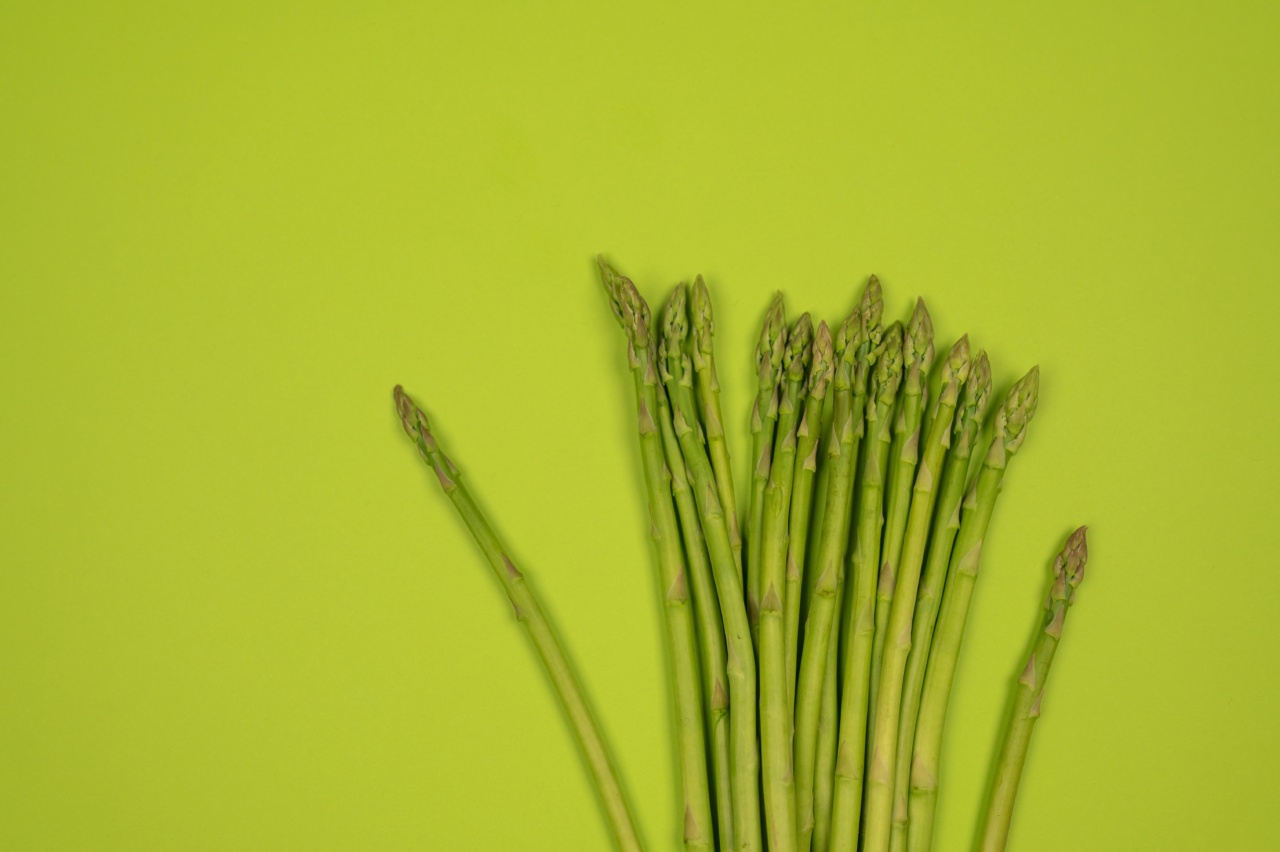Psoriasis is an autoimmune condition that affects the skin, causing itchy, scaly patches to develop. While there is no known cure for psoriasis, proper nutrition can play a crucial role in managing symptoms and improving overall well-being.
Making smart food choices can help reduce inflammation, support immune function, and promote skin health. Here are some nutrition tips to consider if you have psoriasis:.
1. Increase Omega-3 Fatty Acids
Omega-3 fatty acids are known for their anti-inflammatory properties, which can help alleviate psoriasis symptoms. Include fatty fish like salmon, trout, and mackerel in your diet as they are excellent sources of omega-3 fatty acids.
If you are vegetarian or vegan, you can opt for chia seeds, flaxseeds, and walnuts as plant-based alternatives.
2. Load Up on Fruits and Vegetables
Fruits and vegetables are rich in antioxidants and essential nutrients that can support your immune system and protect your skin. Aim to include a variety of colorful produce in your diet, such as berries, leafy greens, carrots, and bell peppers.
These foods are packed with vitamins, minerals, and phytochemicals that promote overall health.
3. Opt for Whole Grains
Switching from refined grains to whole grains can provide you with more fiber and nutrients. Whole grains like brown rice, quinoa, and oats have a lower glycemic index, meaning they won’t cause blood sugar spikes.
High glycemic index foods can trigger inflammation, which may exacerbate psoriasis symptoms. Additionally, the fiber in whole grains can support digestive health.
4. Choose Lean Protein Sources
Incorporating lean sources of protein is essential for skin health and repair. Opt for skinless poultry, lean cuts of meat, legumes, and low-fat dairy products.
These protein sources provide essential amino acids necessary for cell growth and tissue repair.
5. Limit Processed Foods
Processed foods are often high in unhealthy fats, refined sugars, and artificial additives. These ingredients can contribute to inflammation and worsen psoriasis symptoms.
Replace processed snacks and fast foods with whole, unprocessed options whenever possible.
6. Decrease Alcohol Consumption
Alcohol can trigger inflammation and interfere with medications used to manage psoriasis. Limit your alcohol consumption or avoid it altogether if possible.
If you do choose to drink, do so in moderation and opt for healthier options like red wine, which contains antioxidants.
7. Stay Hydrated
Drinking an adequate amount of water is crucial for maintaining skin hydration, which can help minimize dryness and itching associated with psoriasis.
Aim for at least eight glasses of water per day and increase your intake if you engage in physical activities or live in a hot climate.
8. Consider Dietary Supplements
Some supplements may help manage psoriasis symptoms when used alongside a healthy diet. Talk to your healthcare provider or a registered dietitian before taking any supplements.
Fish oil supplements, vitamin D, and turmeric supplements are some examples that may have potential benefits for individuals with psoriasis.
9. Limit Trigger Foods
Psoriasis triggers can vary among individuals. It is essential to identify your personal trigger foods and limit or avoid them.
Common trigger foods include dairy products, gluten-containing grains, and nightshade vegetables like tomatoes, potatoes, and eggplants. However, it is important to consult with a healthcare professional before making any major dietary changes.
10. Practice Mindful Eating
Mindful eating involves being fully present during meals, paying attention to hunger signals, and eating slowly.
Practicing mindful eating can help you avoid overeating, which may contribute to weight gain—an additional factor that can worsen psoriasis symptoms. Focus on savoring each bite, and be aware of how different foods make you feel.






























